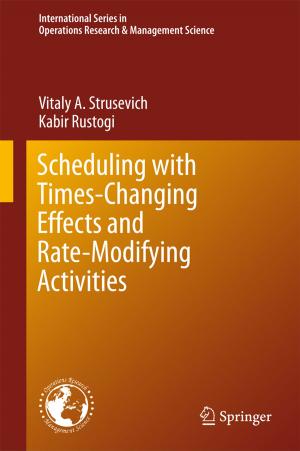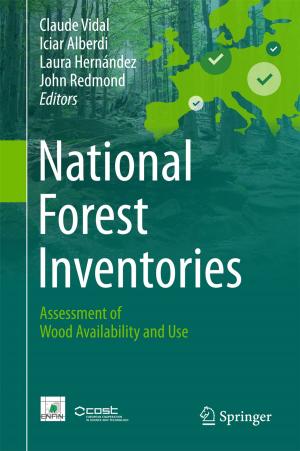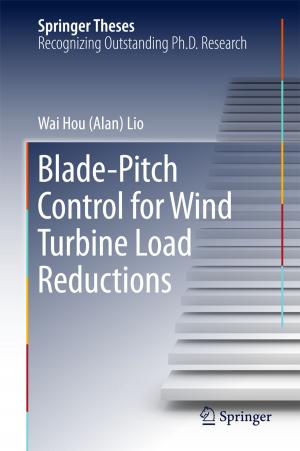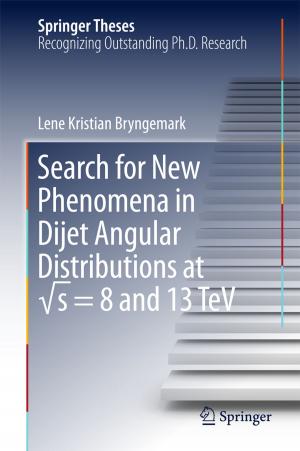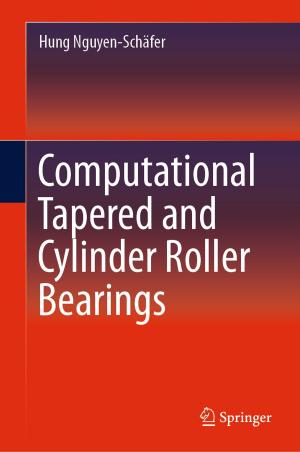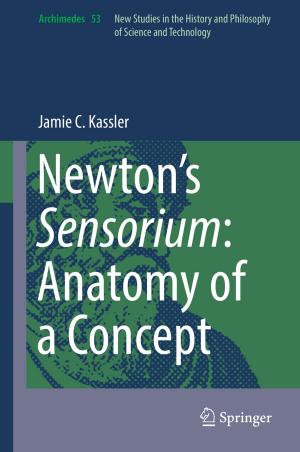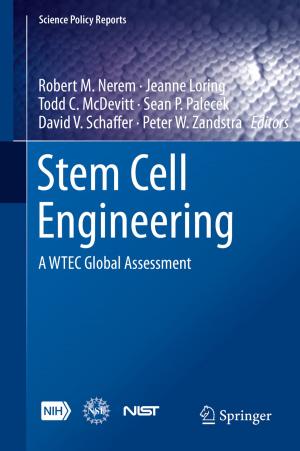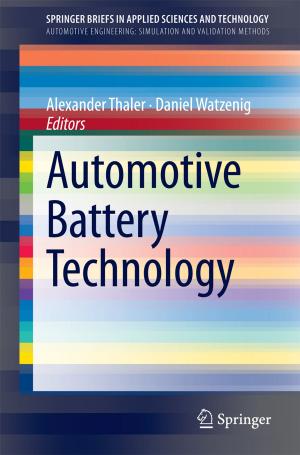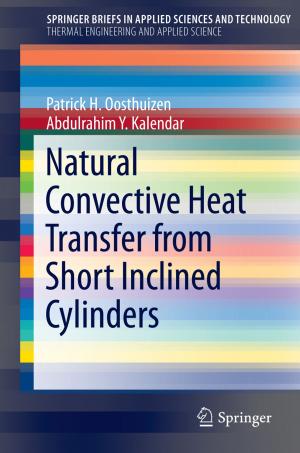Buildings for Advanced Technology
Nonfiction, Science & Nature, Technology, Nanotechnology, Engineering, Civil| Author: | ISBN: | 9783319248929 | |
| Publisher: | Springer International Publishing | Publication: | December 30, 2015 |
| Imprint: | Springer | Language: | English |
| Author: | |
| ISBN: | 9783319248929 |
| Publisher: | Springer International Publishing |
| Publication: | December 30, 2015 |
| Imprint: | Springer |
| Language: | English |
This book deals with the design and construction of buildings for nanoscale science and engineering research. The information provided in this book is useful for designing and constructing buildings for such advanced technologies as nanotechnology, nanoelectronics and biotechnology. The book outlines the technology challenges unique to each of the building environmental challenges outlined below and provides best practices and examples of engineering approaches to address them:
• Establishing and maintaining critical environments: temperature, humidity, and pressure
• Structural vibration isolation
• Airborne vibration isolation (acoustic noise)
• Isolation of mechanical equipment-generated vibration/acoustic noise
• Cost-effective power conditioning
• Grounding facilities for low electrical interference
• Electromagnetic interference (EMI)/Radio frequency interference (RFI) isolation
• Airborne particulate contamination
• Airborne organic and chemical contamination
• Environment, safety and health (ESH) considerations
• Flexibility strategies for nanotechnology facilities
The authors are specialists and experts with knowledge and experience in the
control of environmental disturbances to buildings and experimental apparatus.
This book deals with the design and construction of buildings for nanoscale science and engineering research. The information provided in this book is useful for designing and constructing buildings for such advanced technologies as nanotechnology, nanoelectronics and biotechnology. The book outlines the technology challenges unique to each of the building environmental challenges outlined below and provides best practices and examples of engineering approaches to address them:
• Establishing and maintaining critical environments: temperature, humidity, and pressure
• Structural vibration isolation
• Airborne vibration isolation (acoustic noise)
• Isolation of mechanical equipment-generated vibration/acoustic noise
• Cost-effective power conditioning
• Grounding facilities for low electrical interference
• Electromagnetic interference (EMI)/Radio frequency interference (RFI) isolation
• Airborne particulate contamination
• Airborne organic and chemical contamination
• Environment, safety and health (ESH) considerations
• Flexibility strategies for nanotechnology facilities
The authors are specialists and experts with knowledge and experience in the
control of environmental disturbances to buildings and experimental apparatus.

